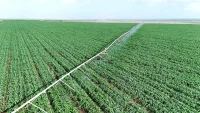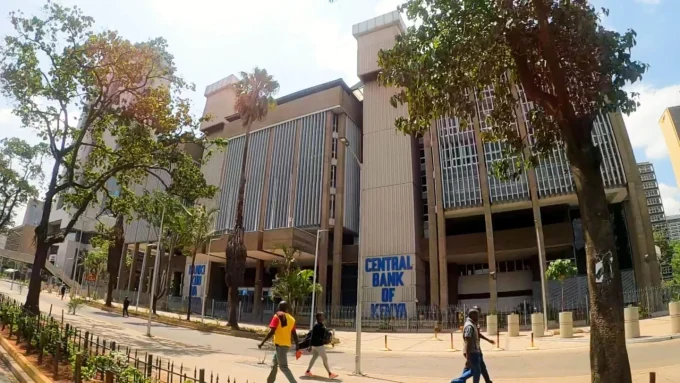The Competition Authority of Kenya (CAK) has enacted for suppliers and distributors of liquefied petroleum gas (LPG) a five-year exemption that will allow them to mutually exchange gas cylinders. The greenlight will allow consumers to exchange empty cylinders for a different brand.
“It is notified for general information that the Authority has granted an exemption with respect to exclusive dealing among the members of the Association for a period of five years,’’ CAK stated.
The gazette notice also allowed the Energy Dealers Association’s (EDA) over 30 small-scale suppliers and distributors of cooking gas brands to increase their cylinder count by at least 10,000 per year per depot.
In February 2020, members of the EDA had campaigned against the revised Energy (Liquefied Petroleum Gas) Regulations of 2009 which were effected in June 2019, abolishing the mandatory cylinder exchange pool. Driven by complaints on unsafe refilling and related accidents, the regulations put LPG firms in charge of their own cylinders.
READ>>>>>Cost of Cooking Gas to Rise by Ksh350 as VAT Takes Effect
The regulations also compelled all LPG retailers, wholesalers and transporters to hold licenses for each business location, with enforcement of the rules sparking widespread claims of police harassment against dealers and selective application of the law.
The dealers had sought a ten-year exemption from the regulations, citing the detrimental effect it had on their business.
They also wanted to be able to share information on marketing and pricing prices, a request the CAK rejected arguing that it was among uncompetitive practices.
“Sharing of all other forms of commercially sensitive information including pricing, margins, volumes, input costs, capacity in the market, any specific information about customers, current or future product development plans, and proprietary information including trade secrets, knowhow, technological innovation and other intellectual property will be prohibited,” CAK stated.
READ>>>>>9 Illegal Gas Cylinder Brands Listed as LPG Prices Soar













Leave a comment